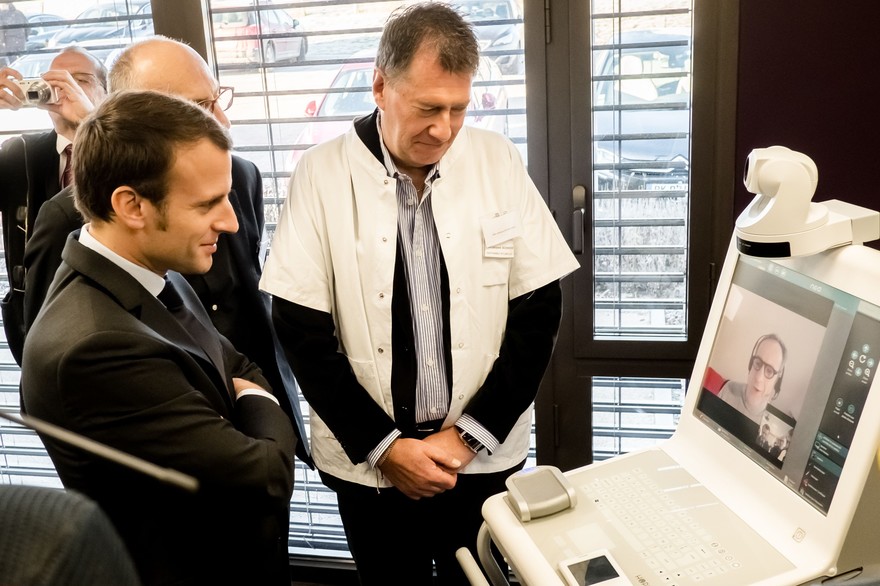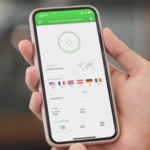April 10, 2019 – Medical practitioners have discovered anew the value of seeing patients over a video link. A number of years ago I attended a Toronto Hospital presentation of a video medical service offered through that facility to remote communities in Northern Ontario. The service allowed nurse practitioners and doctors to connect to First Nations’ patients through a dedicated network. In some cases, a local nurse or medical aide helped in the “patient visit” by being on the scene while the doctor or nurse practitioner gathered information and provided an assessment. This was state-of-the-art telemedicine at the time.
But recently I had a personal experience of my own with remote medical assistance. I have an osteoarthritic knee and have been using a variety of different treatments to deal with it including periodic cortisone injections, a variety of pain medications, oral hyuralonic acid capsules (a natural joint lubricant), and regular icing of the joint. This medical regimen has been my routine for a number of years in an effort to stave off have knee replacement surgery. When a neighbour in my building mentioned cannabis as an alternative therapy I was skeptical. First, I don’t smoke anything so the idea of puffing on marijuana cigarettes had no appeal. And second, I had no idea about the medical uses of marijuana other than what I had heard from friends who used it to help with nausea from chemotherapy treatments for cancer.
I did some research and came across a Toronto-based medical marijuana clinic and went online to learn about them. I was invited to set up an account and request a consult with a medical practitioner. I filled out a medical history and made a video link appointment. The physician to whom I spoke through a video conference link reviewed my medical history and asked lots of questions. I described my regimen and the effectiveness of the various treatments I was undergoing. She recommended I try cannabis oil and gave me a three-month trial prescription. I have been using it now for the last 75 days other than the time my wife and I took in our one week trip to Costa Rica (couldn’t bring it across the border because cannabis in Costa Rica is an illegal substance). I take two doses daily of a very small amount which I place under my tongue. The results have been remarkable. I can go days without having to take any other pain management drugs or doing any other therapy.
But this posting isn’t about the efficacy of cannabis for medical usage. Rather it is about the video appointment technology and its effectiveness. It turns out that video-conference doctoring is becoming a thing. Doctolib, a medical care service started in France, and now in Germany, provides video-conference consultations as standard practice. The company started off as an online appointment booking system that worked with smartphones. But now, using a webcam, it is providing at-a-distance service to patients in both countries. It is expected, by 2030, that 75% of all doctors in France will use Doctolib’s video service daily.
How do patients in France feel about it? So far, in six months, out of 67 million French citizens, there have been only 8,000 video consultations. That’s not exactly what you would call a hit. But for remote communities where medical practitioners have difficulty getting to see patients face-to-face, this smartphone video consultation technology looks like a winner. And I suspect that as wireless cellular communication adds another 2 billion or more to the Internet using inexpensive smartphones, this type of medical consultation will become ubiquitous.
















